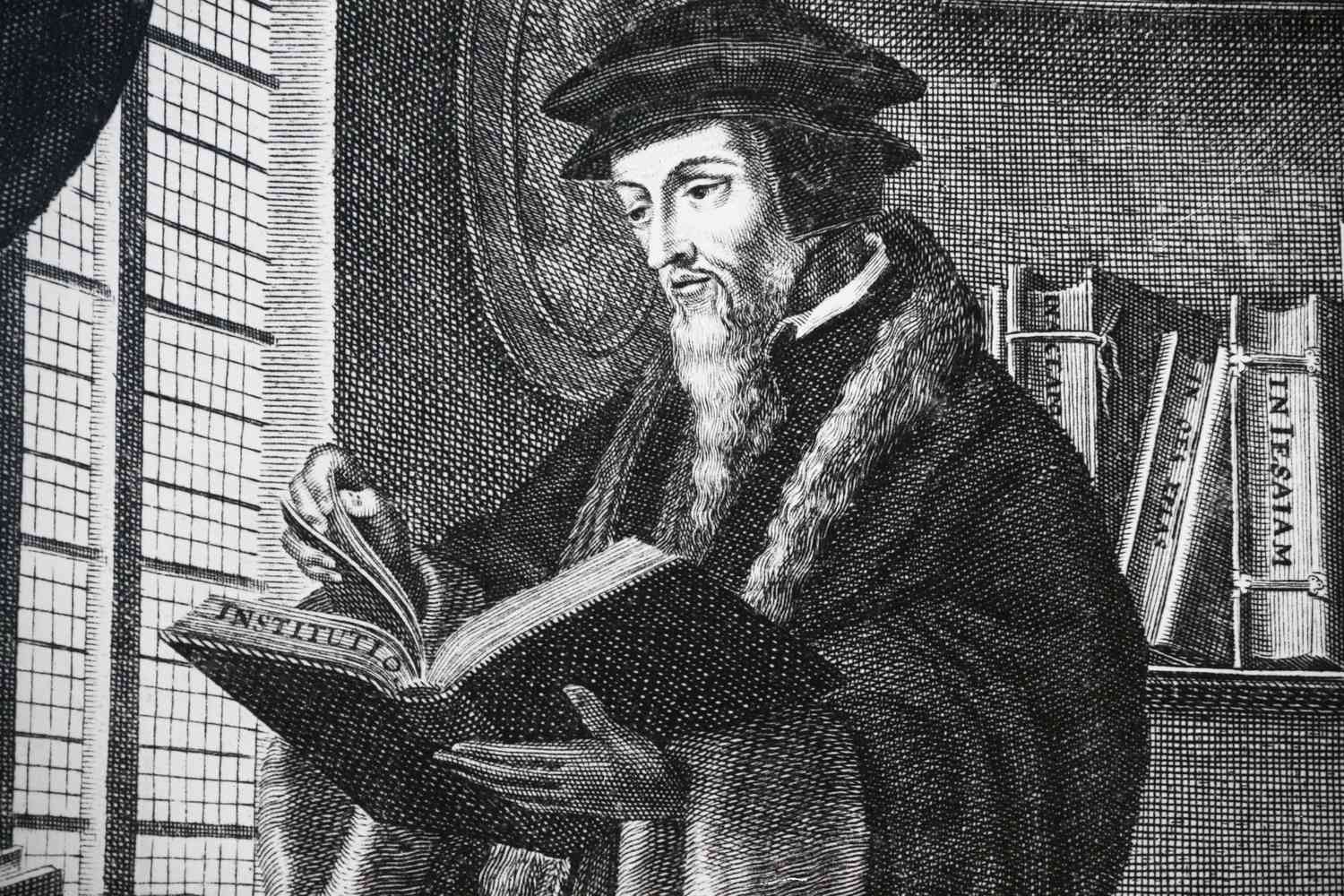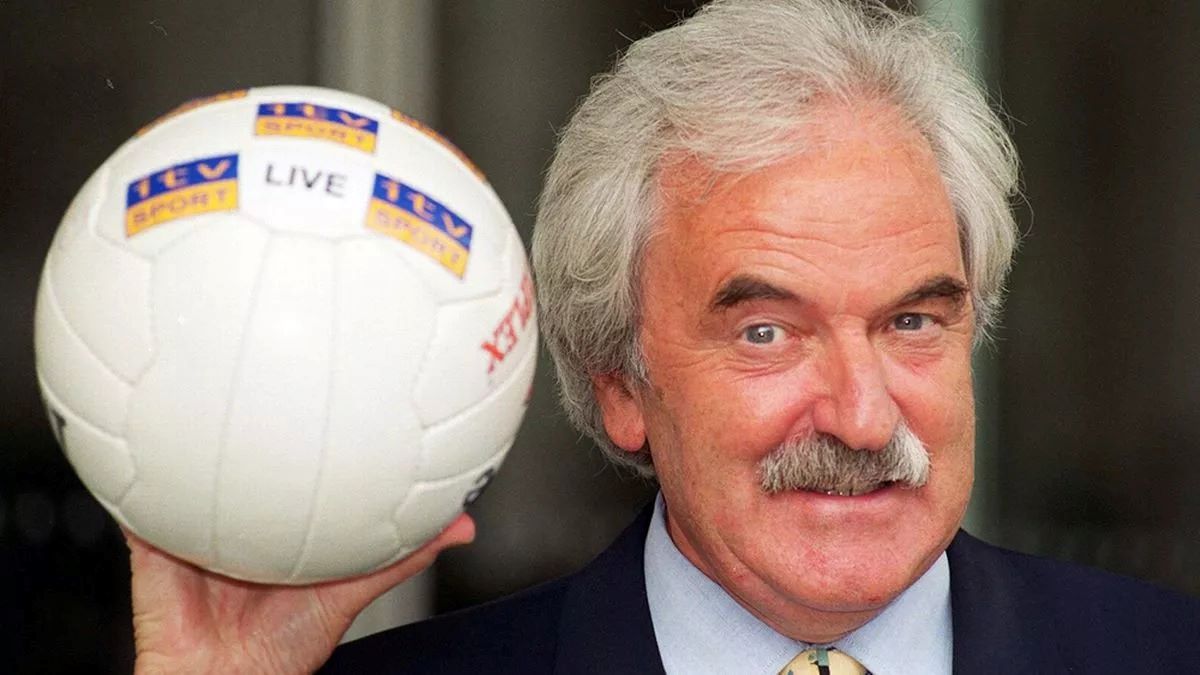
Who was John Calvin? Born on July 10, 1509, in Noyon, France, John Calvin was a key figure in the Protestant Reformation. Known for his influential work, "Institutes of the Christian Religion," Calvin's ideas shaped modern Protestant theology. He emphasized predestination, the sovereignty of God, and the importance of scripture. Calvin's teachings led to the formation of Calvinism, a major branch of Protestantism. His impact extended beyond religion, influencing politics, education, and society. Despite facing opposition, Calvin's legacy endures, making him a pivotal figure in religious history. Curious about more? Here are 40 intriguing facts about John Calvin.
Early Life of John Calvin
John Calvin, a pivotal figure in the Protestant Reformation, led a life full of intriguing events and accomplishments. Let's explore some fascinating facts about his early years.
- Born on July 10, 1509, in Noyon, France, Calvin was the second of three sons.
- His father, Gérard Cauvin, worked as a lawyer for the local bishop, which gave Calvin access to a good education.
- Initially, Calvin's father wanted him to pursue a career in the church, so he began studying theology at the University of Paris.
- However, Gérard later decided Calvin should study law, leading him to the University of Orléans and then Bourges.
- Calvin was fluent in Latin, which was essential for his studies and later theological writings.
- By the age of 22, Calvin had earned a law degree and was well-versed in classical literature.
Calvin's Conversion and Early Ministry
Calvin's journey to becoming a reformer began with a significant religious conversion. This period marked the start of his influential ministry.
- Around 1533, Calvin experienced a sudden conversion to Protestantism, which he described as God subduing his heart.
- His newfound beliefs led him to leave the Catholic Church and join the Reformation movement.
- Calvin's first major work, "Institutes of the Christian Religion," was published in 1536 when he was just 26 years old.
- This book aimed to provide a comprehensive explanation of Protestant beliefs and became a foundational text for Reformed theology.
- Calvin initially intended to live a quiet life of study, but his talents soon drew him into active ministry.
- In 1536, Calvin was persuaded by Guillaume Farel to stay in Geneva and help reform the church there.
Calvin's Work in Geneva
Geneva became the center of Calvin's reform efforts. His work in this city had a lasting impact on Protestantism.
- Calvin's first stay in Geneva was short-lived; he was expelled in 1538 due to political conflicts.
- During his exile, Calvin moved to Strasbourg, where he pastored a church of French refugees.
- In Strasbourg, Calvin married Idelette de Bure, a widow with two children.
- Calvin returned to Geneva in 1541 at the request of the city's council and remained there for the rest of his life.
- He established the Geneva Academy in 1559, which became a leading center for Reformed theology.
- Calvin's reforms in Geneva included strict moral regulations and the establishment of a consistory to oversee church discipline.
- Under Calvin's leadership, Geneva became known as the "Protestant Rome" due to its influence on the Reformation.
Calvin's Theological Contributions
Calvin's theological ideas have had a profound and lasting influence on Christianity. Here are some key aspects of his contributions.
- Calvin's doctrine of predestination emphasized God's sovereignty in salvation, teaching that God had chosen certain individuals for salvation before the foundation of the world.
- He believed in the total depravity of humanity, meaning that every part of a person is affected by sin.
- Calvin's view of the sacraments differed from both Catholic and Lutheran perspectives; he saw them as means of grace but not as having inherent power.
- His interpretation of the Lord's Supper emphasized a spiritual presence of Christ rather than a physical one.
- Calvin's emphasis on the authority of Scripture led to the development of the principle of "sola scriptura," meaning Scripture alone is the ultimate authority in matters of faith and practice.
- He wrote extensive commentaries on almost every book of the Bible, which are still studied by theologians today.
Calvin's Legacy and Influence
John Calvin's legacy extends far beyond his lifetime. His ideas and reforms have shaped various aspects of modern Christianity.
- Calvin's teachings influenced the development of Presbyterianism and other Reformed denominations.
- His ideas on church governance led to the establishment of a system of elders and deacons, which is still used in many Reformed churches.
- Calvin's emphasis on education and literacy contributed to the spread of public schooling in Protestant regions.
- His work inspired later reformers, such as John Knox, who brought Calvinist ideas to Scotland.
- Calvin's writings have been translated into numerous languages, making his ideas accessible worldwide.
- The city of Geneva continues to honor Calvin's legacy with monuments and museums dedicated to his life and work.
- Calvin's influence can be seen in the Puritan movement in England and America, which adopted many of his theological principles.
- His ideas on work and vocation contributed to the development of the Protestant work ethic.
- Calvin's emphasis on the importance of preaching led to a renewed focus on expository preaching in Protestant churches.
- His teachings on church discipline have influenced the practices of many Christian denominations.
Personal Life and Character
Despite his public role, Calvin's personal life and character reveal much about the man behind the theology.
- Calvin was known for his rigorous work ethic, often working late into the night on his writings and correspondence.
- He suffered from various health issues, including migraines, gout, and lung problems, yet continued his work with determination.
- Calvin was deeply committed to his family, caring for his stepchildren and mourning deeply when his wife, Idelette, passed away in 1549.
- He was known for his humility, often downplaying his own contributions and giving credit to God for his achievements.
- Calvin's pastoral care extended to his congregation, offering counsel and support to those in need.
The Legacy of John Calvin
John Calvin's impact on theology and society can't be overstated. His teachings shaped Protestantism, influencing countless believers and thinkers. Calvin's ideas on predestination, church governance, and the role of scripture still resonate today. His work in Geneva set a model for church-state relations and education reform. Calvin's writings, especially "Institutes of the Christian Religion," remain essential reading for theology students. His legacy lives on in the Reformed tradition, affecting how many practice their faith. Understanding Calvin helps us grasp the roots of modern Protestant beliefs and practices. His contributions to religious thought and community organization continue to inspire and challenge. Calvin's life and work remind us of the power of ideas to shape history and culture. His influence endures, proving the lasting significance of his theological insights and reforms.
Was this page helpful?
Our commitment to delivering trustworthy and engaging content is at the heart of what we do. Each fact on our site is contributed by real users like you, bringing a wealth of diverse insights and information. To ensure the highest standards of accuracy and reliability, our dedicated editors meticulously review each submission. This process guarantees that the facts we share are not only fascinating but also credible. Trust in our commitment to quality and authenticity as you explore and learn with us.


